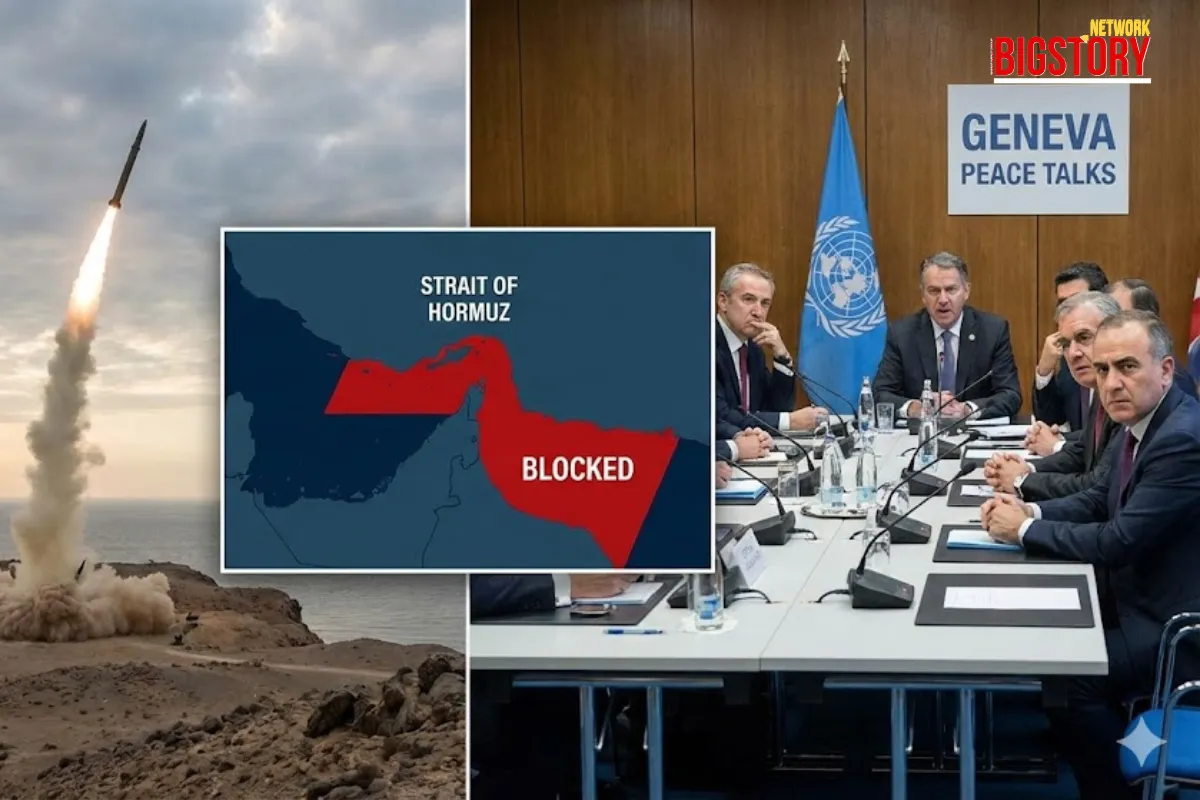Microsoft halts cloud and AI services for an Israel Defense Ministry unit after uncovering evidence of mass surveillance of Palestinians.
 Sseema Giill
Sseema Giill

September 26, 2025 | Washington/Tel Aviv – Microsoft has suspended access to certain cloud and artificial intelligence services used by Israel’s Ministry of Defense (IMoD), following an internal review that found evidence supporting reports of mass surveillance of Palestinian civilians.
The company confirmed on Thursday, September 25, that it had deactivated a set of Azure cloud storage and AI subscriptions linked to an IMoD division. The review, conducted with assistance from law firm Covington & Burling LLP, was launched after The Guardian, +972 Magazine, and Local Call reported that Israel’s Unit 8200 had used Microsoft infrastructure to store and analyze intercepted communications from Palestinians in Gaza and the West Bank.
Microsoft President Brad Smith wrote in a company blog post:
“We do not supply technology that enables mass surveillance of civilians.”
The decision highlights growing tensions between U.S. tech firms’ human rights commitments and their relationships with allies’ defense agencies. Analysts suggest it may push other companies to reassess contracts linked to surveillance and military operations. The timing is notable as international bodies debate technology’s role in human rights protections during the Israel–Gaza war.






Sign up for the Daily newsletter to get your biggest stories, handpicked for you each day.
 Trending Now! in last 24hrs
Trending Now! in last 24hrs



